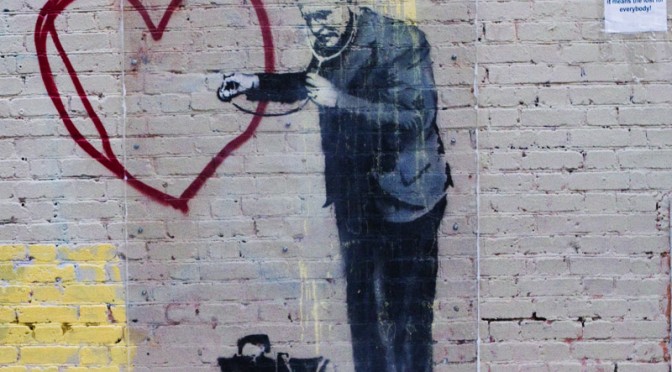by James Rakoczi, PhD Candidate, Department of English
There is a gravity to this situation. He has broken my heart. We are waging a war on cancer. Our closest neighbour is Andromeda. Synapses permit neurons to communicate with each other.
Warning: this post is ripe to bursting with metaphors.
Thomas Kuhn argued that you don’t see something until ‘you have the right metaphor to perceive it’ (The Structure of Scientific Revolutions, 1962). How then might we perceive the literary and scientific dimensions of the metaphor in itself?
Metaphor negotiates across the ‘two cultures’ of science and humanities at the university. Does the metaphor stay the same in its transmission/translation or does it transform, transgress, transcend? Are metaphors necessarily rooted within a particular historical context or can productive analogies between literary and scientific texts across disparate historical periods be discovered? Can we (should we?) read a neurological metaphor into a text which pre-dates neurology? Should we (can we?) read a scientific metaphor aimed at pedagogical elucidation like we might a poetical metaphor: an immanent stitch of image which nevertheless troubles and growths beyond itself (by our invention or its design)?
On Saturday 4th November 2017, the Centre for Humanities and Health and the English Department will host the British Society of Literature and Science’s (BSLS) annual winter symposium. The symposium will be an opportunity for many of us to try our hand at solving these questions, or asking even more.

Continue reading Metaphor in Literature and Science #bslswinter2017


